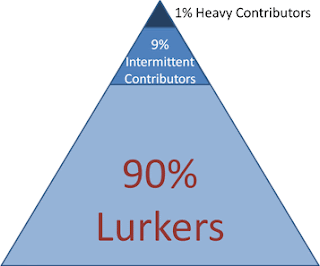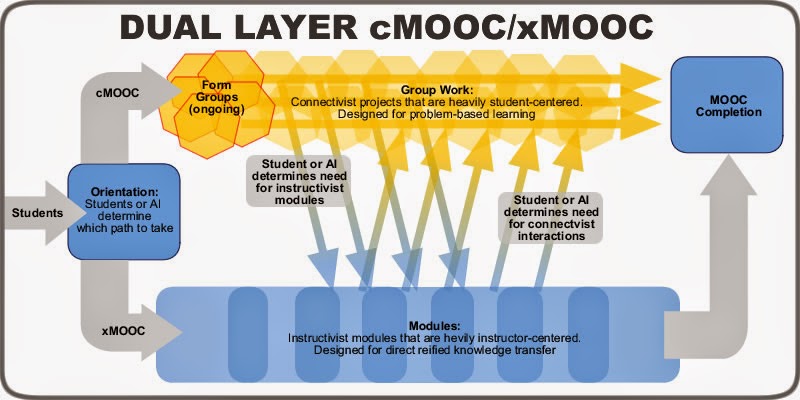Alumni Engagement at the micro-level

A while back a tweet caught my eye that really piqued my interest. I don't remember who posted it, but it was responded to by someone I follow with a confirmatory story of their own. The tweet went something like this: I finished my [graduate] degree x-many years ago. In this time, I have not been contacted by my [alma matter] department to participate on panel discussions, webinars, submit updates on my professional activities, articles I've authored, write a guest blog- or newsletter-post, give a talk, facilitate a workshop, etc. Let me say that I can totally understand! If my experience is any indication it's probably not you but rather how the organization functions. As most blog posts go, I have some anecdotes! These are both from my experiences as an alumnus of an organization and as a staff member of that organization. Student & Alumnus Perspective Let me start with my experiences as an alumnus. I graduated from my programs in 2004, 2007, 2...










